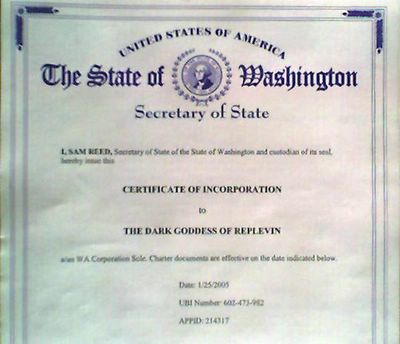It's easy to see why the federal government has stepped in to play a role in this. After all, if our farmers go out of business, and there is a famine because there are no farmers to grow our food, people will die. We certainly want to prevent starvation. Well, I do. Maybe some will extend the free market even this far, but I personally will draw the line well before famine as a market correction tool.
As I understand how the crop insurance program is administered, we don't spend a lot of time
worrying about whether the farmers are bad farmers. We don't moralize
about their poor crop choices. We just insure them, because a harm to
the farmers is a harm to the public if there is not adequate food.
If you agree that the federal government has a legitimate role in providing crop insurance, but does not have a legitimate role in providing health insurance, please explain how you view the goals of these two programs as differing. Because it seems to me that although people die more quickly from lack of food than lack of health care, they do die from both. Although I suppose you have to offset the number of people who die from botched health care annually.
In the case of both food and medical care, insurance provides the safety net for our economy as currently structured. If you're okay with one, why not the other?
If you agree that the federal government has a legitimate role in providing crop insurance, but does not have a legitimate role in providing health insurance, please explain how you view the goals of these two programs as differing. Because it seems to me that although people die more quickly from lack of food than lack of health care, they do die from both. Although I suppose you have to offset the number of people who die from botched health care annually.
In the case of both food and medical care, insurance provides the safety net for our economy as currently structured. If you're okay with one, why not the other?
